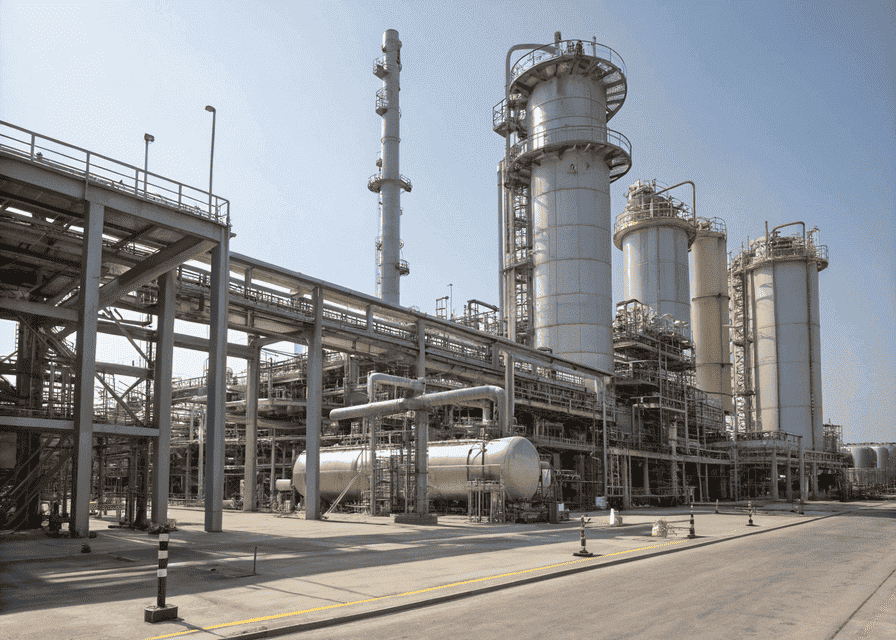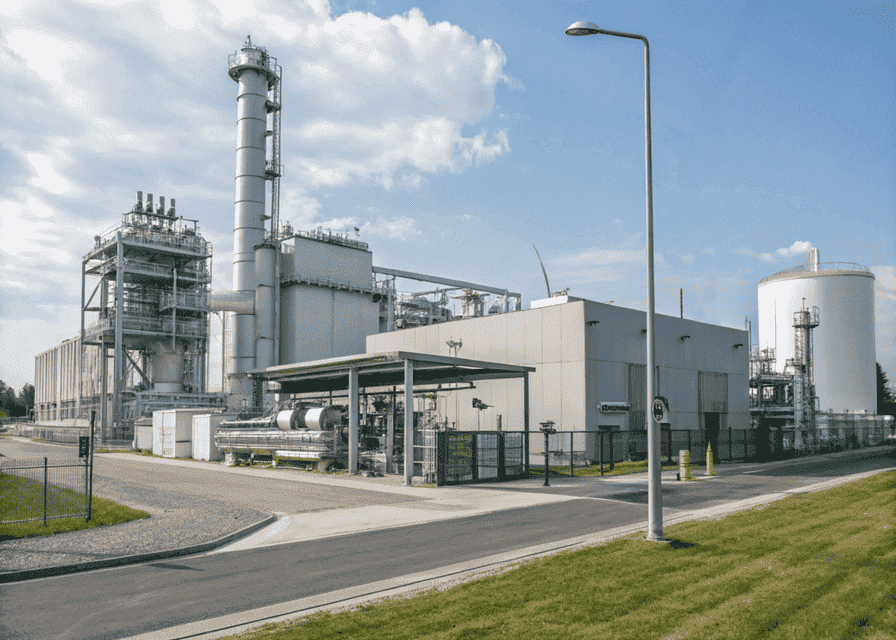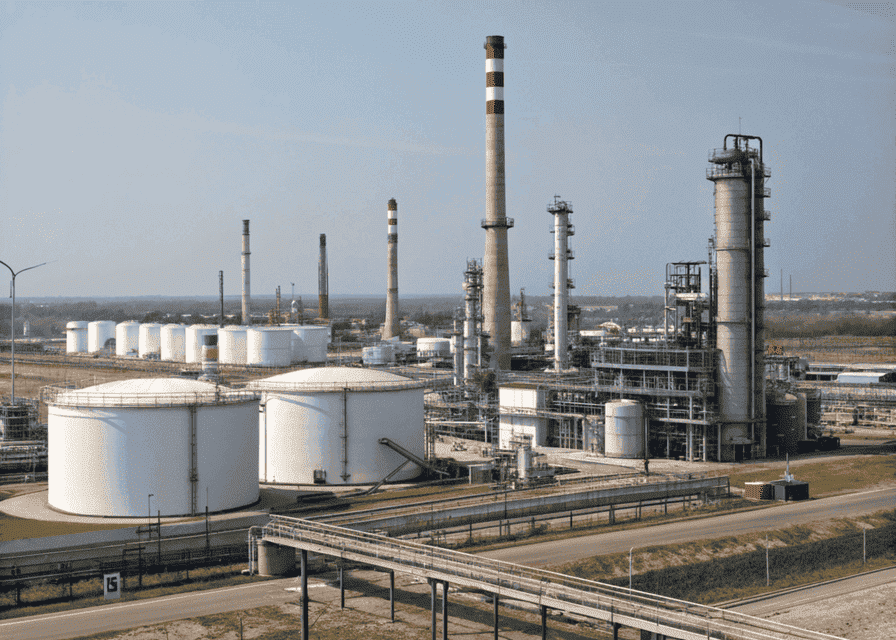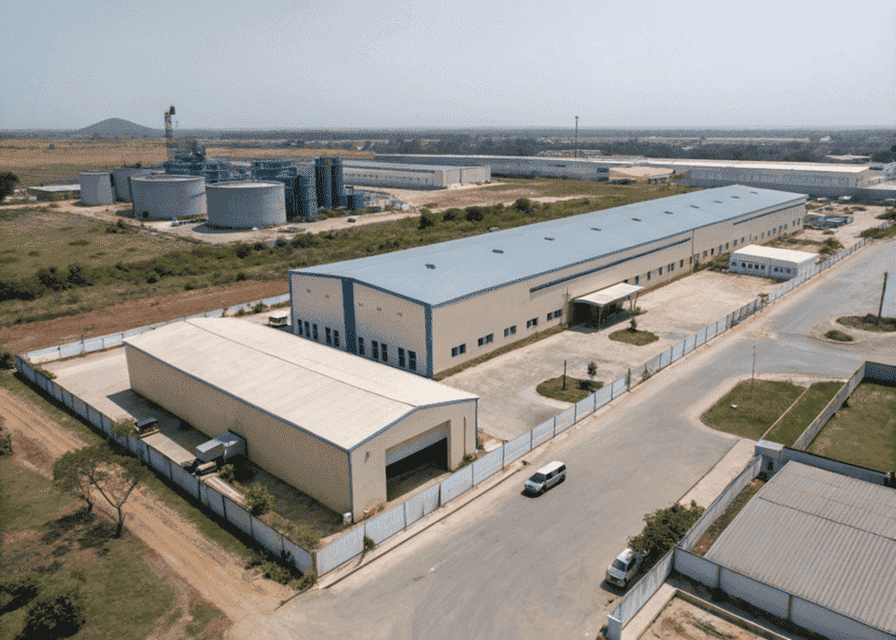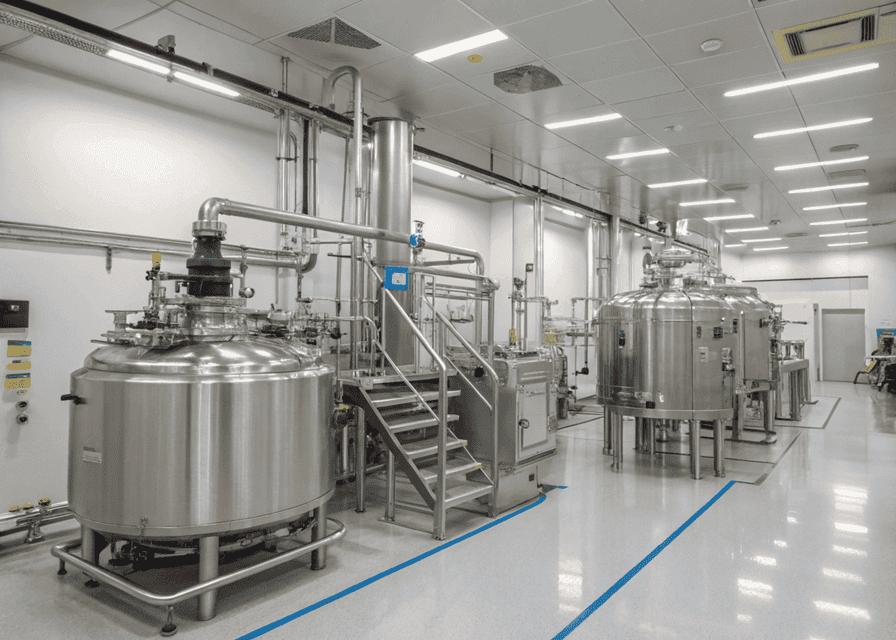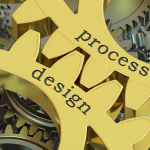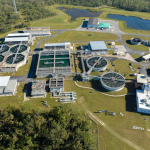Introduction
With India on a path to sustainability, the rapid growth in Electric Vehicles (EVs) and schemes such as the FAME (Faster Adoption and Manufacturing of Hybrid and Electric Vehicles in India) scheme have resulted in an explosion of battery consumption. Establishing battery recycling facilities is ecologically imperative and a country-wide requirement for energy security, resource recovery and import dependence reduction. Installation of these facilities calls for vision, technical sophistication and an integrated approach from day one. This is where Front-End Engineering Design (FEED) services in India lay the foundation for success.
At Shiva Engineering Services (SES), we synthesize safety, technology, environmental regulation and economic efficiency. In our FEED stage, we assemble an interdisciplinary group of process engineers, chemical engineers, mechanical designers, instrument specialists and EHS experts. Our engineering consultation service for recycling business assists you to achieve maximal material recovery, reduced losses, and optimized expenses before construction sets in.
What is FEED and Why is it Important?
Front-End Engineering Design establishes the scope of the project, makes technical and financial feasibility assessments, and reduces risks of full-scale implementation. For a battery recycling plant, FEED entails detailed studies of feasibility that take into account the chemistry of the batteries, material recovery percentages, and lifecycle analysis.
It encompasses process design, which entails everything from unit operations setup to cost estimation and material flow monitoring. Such fundamental and detailed engineering services seek optimal throughput, low energy use, and high material recovery.
Solving Unique Design Challenges in Battery Recycling
The mixed nature of the feedstock—lithium-ion to nickel-metal hydride batteries—demands a flexible process design. Batteries differ one from another, and each needs a distinct recovery path. Lithium-ion batteries are very reactive and prone to catching fire if not handled carefully. Couple this with the difficulty of extracting valuable materials and managing toxic by-products, and the necessity of precise engineering services becomes apparent.
SES’s Front-End Engineering Design capabilities facilitate process safety integration by managing fire, explosion or contamination hazards through careful equipment arrangement, emergency response planning and containment. We develop zero-liquid discharge plants, emissions management and effective utility use. Our processes are designed to State Pollution Control Board and international equivalent standards from the very beginning.
How SES Brings Engineering Precision to Recycling Projects
SES has been a leader in engineering consultancy for the recycling sector, blending industry expertise with the most advanced process technologies. Our FEED methodology is founded on thorough process simulation, which is crucial in battery recycling. We model each unit operation—shredding and separation to leaching and precipitation—to design effective material flow for maximum recovery. This minimizes losses, reduces energy consumption and guarantees product quality.
Our simulation software assists in the right-sizing of equipment, a key parameter that has a direct influence on CAPEX and OPEX in hydrometallurgical facilities that recover high-value metals such as lithium and nickel. This method prevents expensive over-specification and avoids capacity shortages that may cause delays.
What gives us an edge is the close collaboration of process engineers, safety consultants, civil designers, environmental experts, and cost analysts. This minimizes rework during the basic and detailed engineering services phase and enhances project timelines as well as cost controls.
Conclusion
Battery recycling facilities are too important, too costly and too sophisticated to attempt and fail. Our Front-End Engineering Design (FEED) services in India impose order on this complexity and link environmental stewardship with engineering rigor. It’s not merely a matter of constructing plants; it’s a matter of constructing sustainable industrial ecosystems that enable India’s clean energy vision. If you want your battery recycling plant to function as designed, you need to begin with a sound FEED. With the appropriate engineering consultancy partner such as SES, you have efficient, scalable and future-proof recycling plants.

